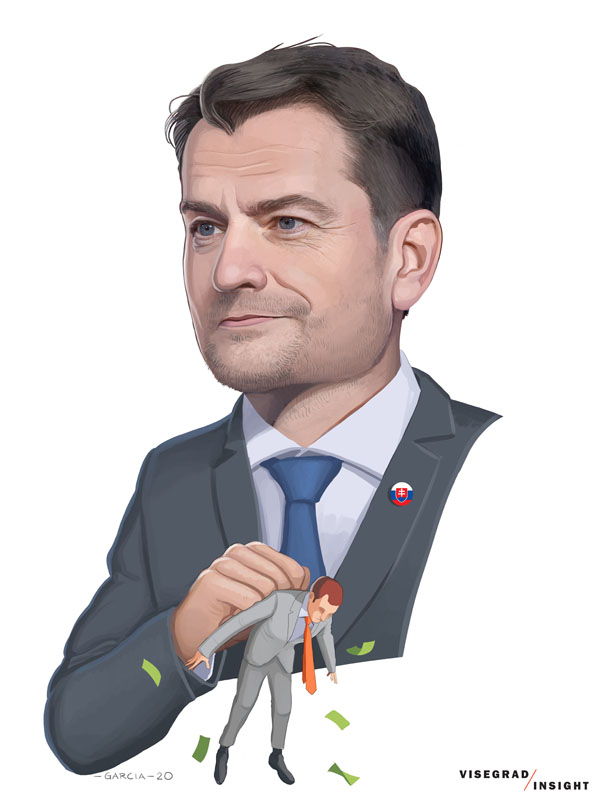Analysis
Politics
European Commission Report Highlights Ukraine’s Gains in Governance, Reform and Resilience
7 November 2024
It is commendable that the new Slovak government is thinking about introducing a similar program in the context of defence policy reforms. It should be in the state’s interest to cultivate this special relationship with the population.
The new Slovak government, led by Igor Matovič wants to strengthen the preparation of the population for the state defence. It plans to introduce changes in education, improve the voluntary military training programme, and launch a broad information campaign.
These steps should finally get Slovakia on the train, which our closest neighbours and more distant NATO allies are on for some time.
 Today, an individual who is interested in military issues in Slovakia can join a military history club. Or you can become a member of a vibrant airsoft community or expand the ranks of dozens of mil-sim enthusiasts who copy real military or police units with high-level equipment and tactics.
Today, an individual who is interested in military issues in Slovakia can join a military history club. Or you can become a member of a vibrant airsoft community or expand the ranks of dozens of mil-sim enthusiasts who copy real military or police units with high-level equipment and tactics.